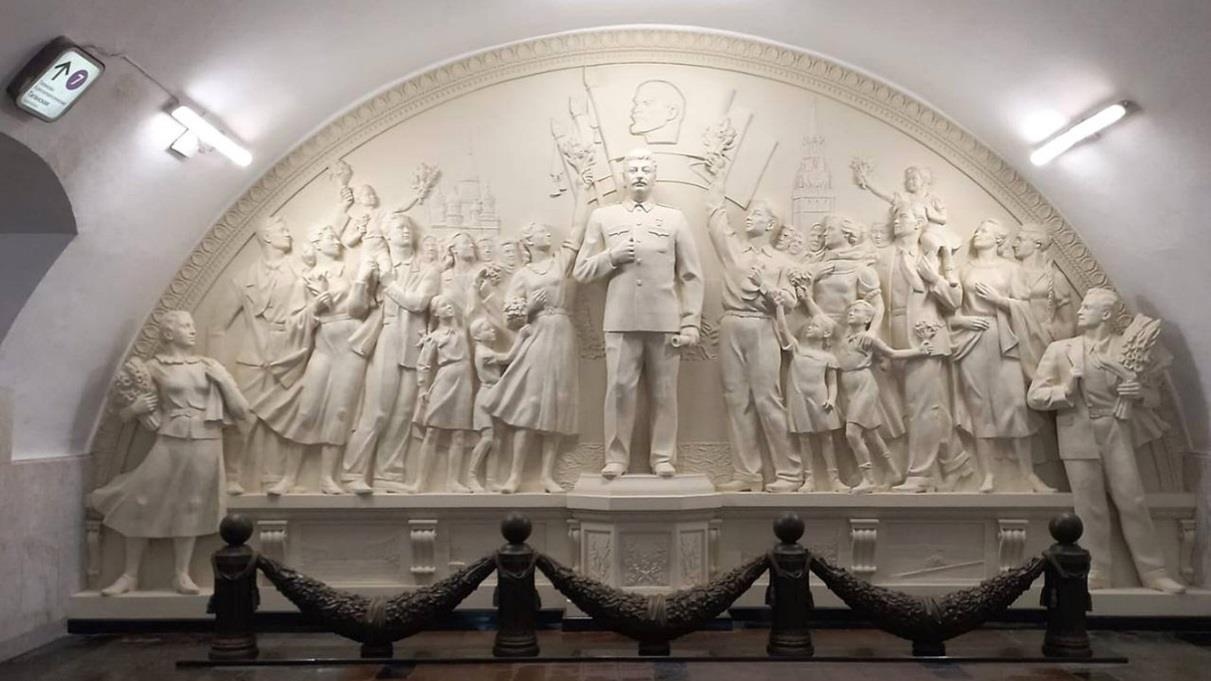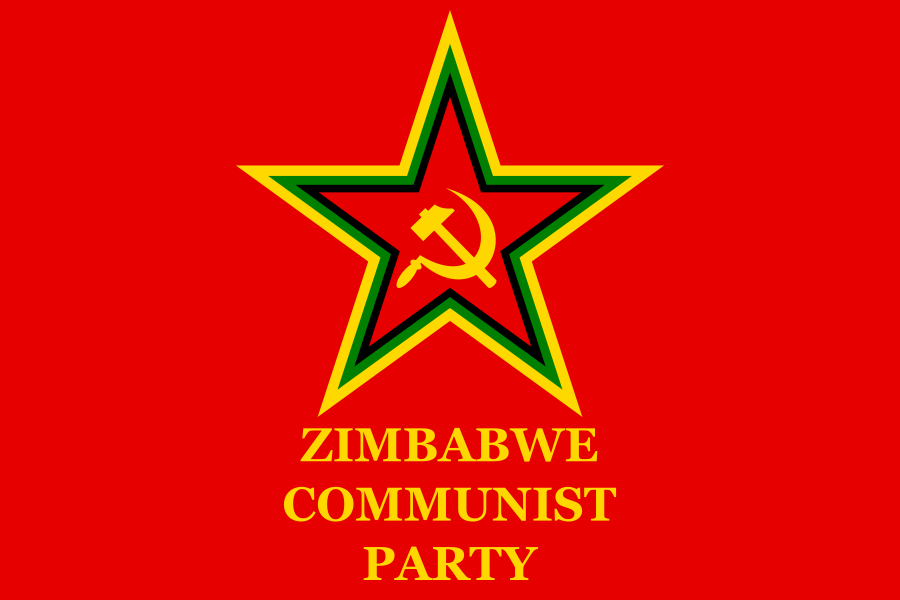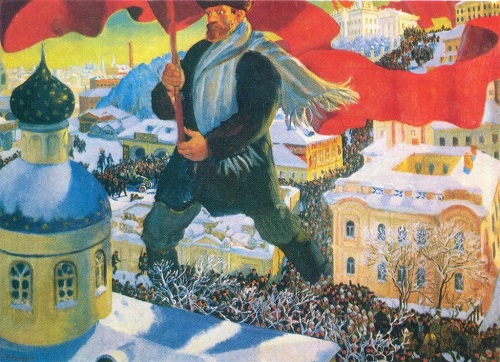What is Scientific Socialism?
Published by the Commissariat of the ZCP
The term ‘Scientific Socialism’ is the term favoured by Karl Marx and Frederick Engels to describe their political philosophy and programme. This practical philosophy is based not on idealism, as some who have been lazy to read Marx would maintain, but rather on the “concrete analysis of concrete conditions”, as Lenin described it and it is this which makes Scientific Socialism dangerous to the capitalist class, especially the big capitalists who control the world economy with their accompanying military power. We are currently in a stage whereby the worst imperialists, the biggest bankers and monopoly capitalists, are losing power ― but not without a fight!

Not long ago, we were told that “Communism was tried but failed”, to which we would reply, “Socialism succeeded but was temporarily defeated”. But in the world today it is clear that Russia and China the two countries in which socialist revolution prevailed are now the dominant force in the world economically and militarily.
As Lenin told us more than once, “History does not move in a straight line, it zig-zags.” Scientific Socialism began with the publication of the Manifesto of the Communist Party in 1848 and continued with numerous other writings, in particular the major work Capital, in which Marx developed his description of the way that capitalism functions in great detail. In 1880, Engels, with the approval of Marx, wrote Socialism: Utopian and Scientific.
Scientific Socialism lays no fixed model for socialist development. It merely says that we should move away from the ownership of the production process by a tiny minority towards the social ownership of the means of production ― production for the needs of the many. As Thomas Sankara is quoted as saying: “We must choose either champagne for a few or safe drinking water for all.”
Conditions of time and place will dictate in what way we develop socialism and the speed at which that transformation takes place. Those conditions will also dictate whether there will be a relatively peaceful transition or whether there will be armed struggle. There is no “one size fits all.” There will always be a period of transition. There will always be setbacks. There will always be errors. But the people of the world, in the long term, will not tolerate being subservient to a few hyper-rich families and individuals. In 1848, Marx and Engels believed that socialist revolution would happen first in the three most advanced capitalist countries, Germany, France and Britain, in which the working class was most numerous, but as capitalism moved towards monopoly, the need for capitalism to reach its imperialist stage became apparent.
In 1885 the major European nations met in Berlin and carved up Africa between them, thus allowing both for the export of capital and the import of raw materials. In 1914, the imperialist nations divided themselves into two blocs: the British, French and Russian Empires on one side and the German, Austro-Hungarian and Ottoman Empires on the other. The First World War began. In 1916, V.I. Lenin wrote Imperialism the Highest Stage of Capitalism and in 1917, the first socialist revolution, led by the working class, took place in backward semi-feudal Russia.
In 1924, J.V. Stalin wrote in The Foundations of Leninism:
“The front of capital will be pierced where the chain of imperialism is weakest, for the proletarian revolution is the result of the breaking of the chain of the world imperialist front at its weakest link; and it may turn out that the country which has started the revolution, which has made a breach in the front of capital, is less developed in a capitalist sense than other, more developed, countries, which have, however, remained within the framework of capitalism.”
Between 1927 and 1949 when the Communist Party of China took power, Mao Zedong developed a revolutionary agenda in which the peasantry played the most important role. This was a strategy dictated by the conditions of China during this period.
In 1965, Kwame Nkrumah wrote Neo-Colonialism the Last Stage of Imperialism, this is so important for Africa. Neo-colonialism must be defeated as our first major task. Thus, Scientific Socialism is not a fixed body of dogma, it is a continuously developing body both of ideas and action and apart from the founding writings of Marx, Engels and Lenin, not only have other writers added to the body of knowledge but the practical experience of Communist parties, national liberation movements and the working class as a whole has played a major role. Thus although we are Marxist-Leninists, and the great teachers laid down the basics, in a changing world, the term ‘Scientific Socialism’ defines our world view better.
It should here be mentioned that Marx and Engels from the beginning were interested not only in the social relations between people, but also in the relationship between humanity and nature. They avidly followed advances in natural science in their day.
As understanding of the natural sciences has advanced the world rapidly over the last 300 years, so the adoption of Scientific Socialist ideas will not only accelerate and advance the quality of life of the majority of people, but it will also improve our ability to live in harmony with nature.





